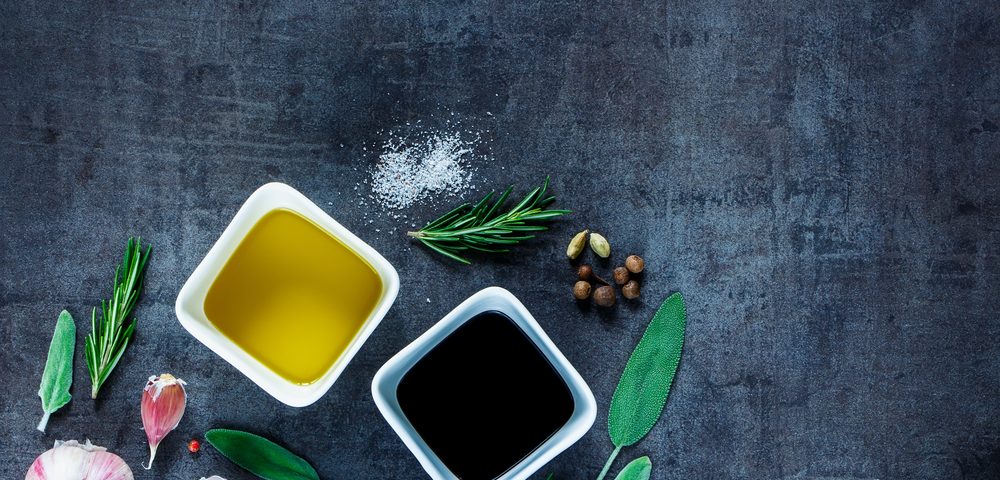New research has investigated the therapeutic power of vinegar – a common ingredient in the Mediterranean diet – in the fight against ulcerative colitis (UC), an inflammatory bowel disease (IBD) that researchers think is connected to the gut microbiome.
The research team behind the study, which was published in ACS’ Journal of Agricultural and Food Chemistry, found that vinegar suppressed proteins that induce inflammation while improving the gut’s bacterial makeup in mice models. UC is a chronic illness, not fully understood by the scientific community. Previous studies suggested that bacteria in the gastrointestinal tract play a pivotal role, as people who suffer from the condition report frequent inflammation of the large intestine’s lining – causing abdominal pain, diarrhea, and ulcers, among others.
Authors Lu Yu, Bo Liu and colleagues found that vinegar has been known for centuries in traditional medicine for its healing powers, and one recent study suggested a benefit in ulcerative colitis. According to a press release, this hypothesis encouraged the team to investigate further the potential clinical benefits of vinegar in ulcerative colitis. The team’s study is titled “Vinegar Treatment Prevents the Development of Murine Experimental Colitis via Inhibition of Inflammation and Apoptosis.”
The team tested vinegar (5% v/v) and its active main component, acetic acid (0.3% w/v), in a mouse model of ulcerative colitis (dextran suflate sodium [DSS]-induced colitis model). Researchers found that adding either vinegar or acetic acid in small portions to the animals’ drinking water was enough to see significant results and reduced symptoms of their condition, such as reduced disease activity index, histopathological scores, less body weight loss, and shorter colon length.
A further assessment showed that vinegar inhibited inflammation through the suppression of Th1 and Th17 responses, MAPK signaling activation, and the NLRP3 inflammasome.
Researchers were surprised to find that pre-treatment with vinegar for 28 days before DSS induction (to induce UC) increased the levels of the commensal lactic acid-producing or acetic acid-producing bacteria, including Lactobacillus and Bifidobacteria. Other studies have found these bacteria to be beneficial to mice with ulcerative colitis-like symptoms.
The research team concluded that vinegar is able to decrease the levels of proteins that can potentially induce inflammation and damage the gut. But they emphasized that despite the findings suggesting the possibility of new dietary strategies for the prevention of ulcerative colitis, more research is needed to understand whether the beneficial link observed in mice is sustained in humans.

